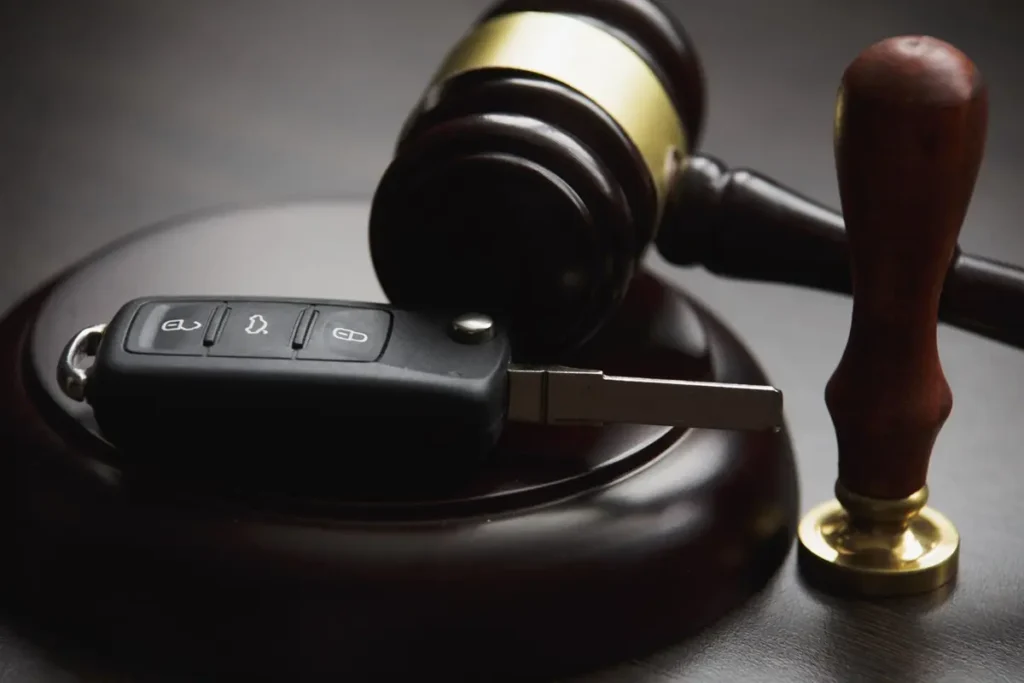Understanding OVI Charges in Texas
OVI charges, or Operating a Vehicle Impaired, represent a serious legal issue in Texas, similar to DUI charges in other states. These offenses typically arise when a driver is found operating a vehicle under the influence of alcohol or drugs, leading to significant legal consequences.
In Texas, an OVI charge can result in fines, license suspension, and even imprisonment. It's crucial for individuals facing such charges to understand the legal definitions, potential penalties, and the importance of seeking experienced legal representation to navigate the complexities of their case.
Legal Defenses Against OVI Charges
There are several potential defenses that individuals can utilize when facing OVI charges. Common defenses include challenging the legality of the traffic stop, questioning the accuracy of breathalyzer tests, and presenting evidence of medical conditions that may affect sobriety tests.
Each case is unique, and a skilled attorney can help identify the most effective defense strategy based on the specific circumstances surrounding the charge. Understanding these defenses can empower individuals to fight the charges against them and seek favorable outcomes.
The Consequences of an OVI Conviction
An OVI conviction can have far-reaching consequences that extend beyond immediate legal penalties. Individuals may face increased insurance rates, job loss, and a permanent criminal record, which can impact future opportunities.
Moreover, the stigma associated with an OVI conviction can affect personal relationships and community standing. It's essential for individuals to fully comprehend these consequences and to work closely with legal professionals to mitigate the impact of a conviction.
Steps to Take After an OVI Arrest
If you've been arrested for an OVI, taking immediate and informed steps is crucial. First, refrain from discussing the details of your case with anyone except your attorney. It's also important to understand your rights and the legal process you will face moving forward.
Engaging with a qualified attorney as soon as possible can help you navigate the legal landscape, prepare for court appearances, and develop a strong defense strategy. Knowing what to expect and how to respond can significantly influence the outcome of your case.


